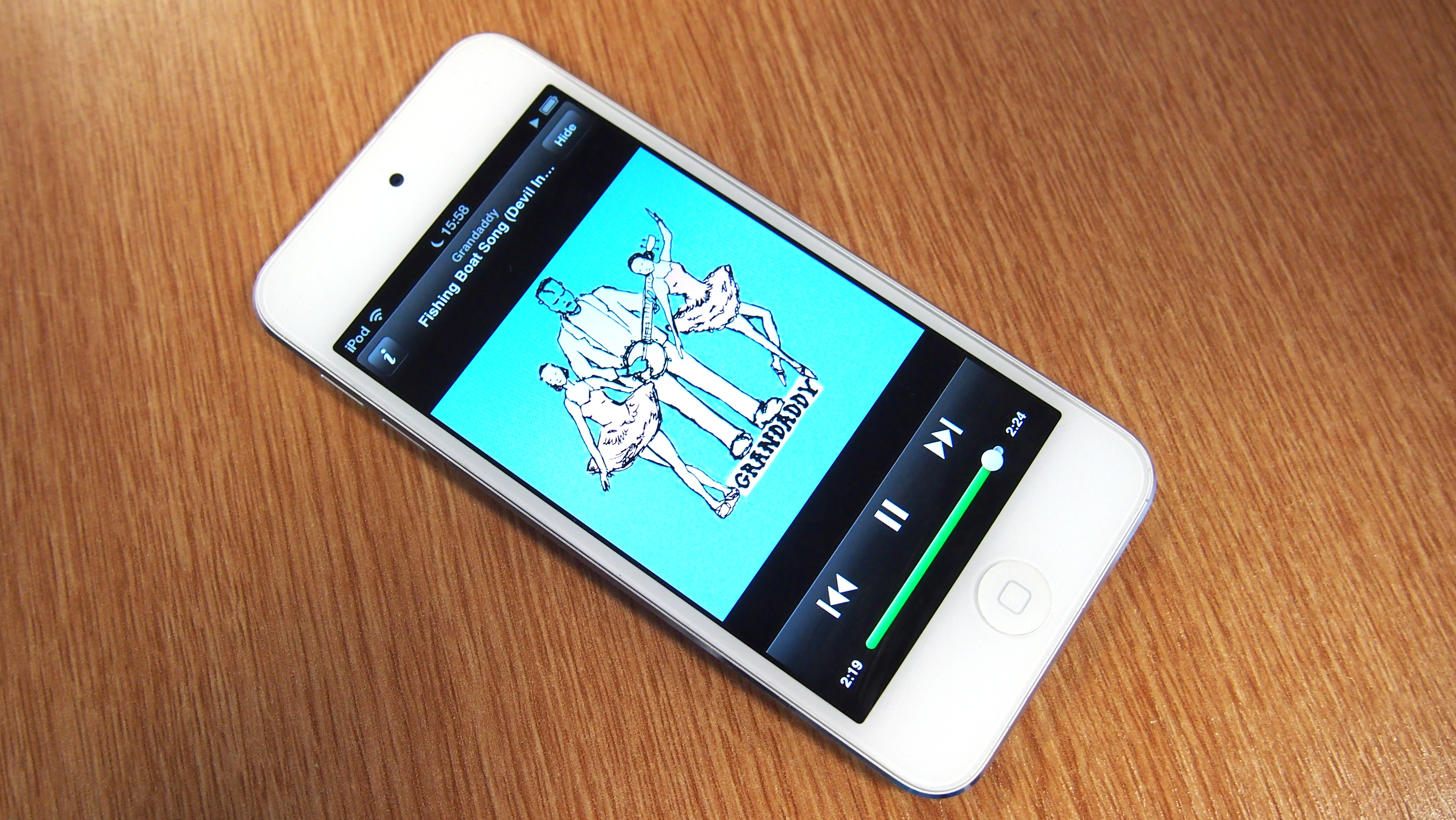Thom Yorke is right: Spotify isn't that great for new bands
Spotify is a perfect service for many... but not everyone

Sign up for breaking news, reviews, opinion, top tech deals, and more.
You are now subscribed
Your newsletter sign-up was successful
I'd wager that no one likes and listens to Spotify more than I do. I think it's a brilliant service, and like many people, it was the catalyst that pulled me back into paying regularly for music after years in dark territory.
Spotify Premium is now in my ears day and night and I couldn't be happier with its existence. It's amazing for finding new bands, rediscovering past loves and tracking down elusive tracks you thought you'd never find.
But however excellent Spotify is for me, I can't help feeling that Thom Yorke is right for pointing out that it's still a bit crap for emerging artists.
That's because Spotify's business model for paying talent revolves around micropayments.
You only need to look at Apple's App Store to see how micropayments can benefit end users, creatives and vendors in unison. It's a fair system that works for everyone because the numbers add up handsomely.
But micropayments in the App Store deal in real numbers. Song streams on Spotify, on the other hand, accrue tiny fractions of a penny which require enormous scale to even total a 'real number'.
For small, emerging bands and artists, achieving that scale is simply impossible and thus revenue is out of reach.
Sign up for breaking news, reviews, opinion, top tech deals, and more.
"Make no mistake new artists you discover on Spotify will not get paid. Meanwhile shareholders will shortly being rolling in it," Yorke tweeted. And he's right.
Big band, big money
Conversely, the opposite is true of big bands like Radiohead and the recently-Spotified Pink Floyd, and this is what Thom Yorke has pulled some of his music from Spotify to highlight.
For bands with a huge back catalogues and profiles to match, there's a sizeable revenue stream available through micropayments. Not only do you entice new listeners into your world, but you're also making money from potentially millions of people who've already spent money to buy your albums on vinyl, tape, CD etc.
I own most Pink Floyd albums on CD, but next time I listen to Wish You Were Here, it'll be on Spotify. And Waters and Gilmour and the man at EMI will all get a micro-slice of my £10 a month it would otherwise not have earned.
It's free money, essentially and that's why Oasis will be next to sign up, and yeah, even The Beatles will start streaming eventually. Because Spotify works and makes sense for established acts.
The point is that micropayments require volume in order to be worth it. And volume is something a new band can only achieve with time and, crucially, investment. Yes, revenue can pile up over time, but time is not usually on the side of new artists.
I just don't buy the "but the exposure leads to ticket and merchandise sales" argument. Yes, they are positives. But this in no way gives media gatekeepers the right to silo off all the profits from the people who made the art itself. This is what Thom Yorke is speaking out against.
In the past, album sales at least offered a bit of security in this regard. When I started building my CD collection as a teenager in the '90s, whether I would like the album I was buying or not, a sale was chalked up and my money was in the system.
The risk of not liking it was an accepted hazard, but it ensured I assigned value to the music I'd purchased and if I didn't like it, I'd simply have to listen again and again and often I'd change my mind. The best albums are growers, in my opinion.
But in 2013, with my amazing Spotify subscription which I love, I can check out the new Daughter album and if I don't like it, I can (and probably will) give up and move on two tracks in, having only contributed some tiny fraction of a penny to Daughter's funds for their next album.
Fair or not, as Thom Yorke points out, that is indeed, shit.

James was part of the TechRadar editorial team for eight years up until 2015 and now works in a senior position for TR's parent company Future. An experienced Content Director with a demonstrated history of working in the media production industry. Skilled in Search Engine Optimization (SEO), E-commerce Optimization, Journalism, Digital Marketing, and Social Media. James can do it all.